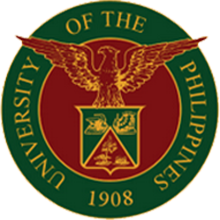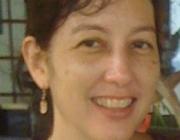Mangahas MF.
Mataw, Amung Nu Rayon, Anitu / Man, the “fish of Summer”, and the spirits—An Ethnography of Mataw Fishing in Batanes. Department of Anthropology, University of the Philippines, Diliman. 1994.
link to pdfAbstractThis monograph depicts the world of fishermen known as mataws, engaged in the traditional capture of seasonal flying fish and dorado in Batanes, Philippines. Mataw fishermen are organized as associations of users of vanua--natural access ways for a boat allowing transit between land and sea. Material from four different mataw associations in the municipalities of Mahatao and Basco who comprise some 30 percent of fishermen in these municipalities are presented. Bringing out the native's point of view, the study discusses the (1)economic arrangements supporting this individual fishing enterprise, (2)the ecological knowledge of fishermen, (3)the observance of taboos and the performance of rituals for the vanua, (4)the implementation of the organization's laws, (5)mataw groups' responses to changing aspects of fisheries in Batanes. Using a functionalist perspective, the study discusses how mataw worldview imaginatively and logically negotiates the uncertainties of fishing represented by the special but unpredictable 'fish of summer', the hazardous environment personified by invisible spirit beings, and the competition from fellow fishermen, through the observance of taboos, ritual and laws.
The study shows that the ideals of mataw fishing stress individual skill and enterprise within the framework of communal cooperation, and high respect for environment. The rights to fish and use the vanua safely are gained by conducting an exchange through ritual sacrifice with the anitu or invisible spirit beings. The vanua becomes a sacred area for the duration of the fishing season and fishing success is explained within a framework of purity and pollution. Mataw organizations regulate access and exploitation of resources within the vanua and traditional fishing grounds, under the leadership of the ideal fisherman who makes the first fishing trip for the season and who possesses the power to ritually set precedents for the season. With the present innovations in technology and other historical trends, mataws both as individuals and as members of associations are seen to creatively negotiate the conflicting interests of fellow fishermen in the face of the opposed values of the indigenous worldview and dominant modernizing paradigm.
Mangahas M.
Indigenous Coastal Resources Management: The Case of Mataw Fishing in Batanes. Quezon City: Center for Integrative and Development Studies. University of the Philippines, Diliman.; 1994 pp. 56pp.

